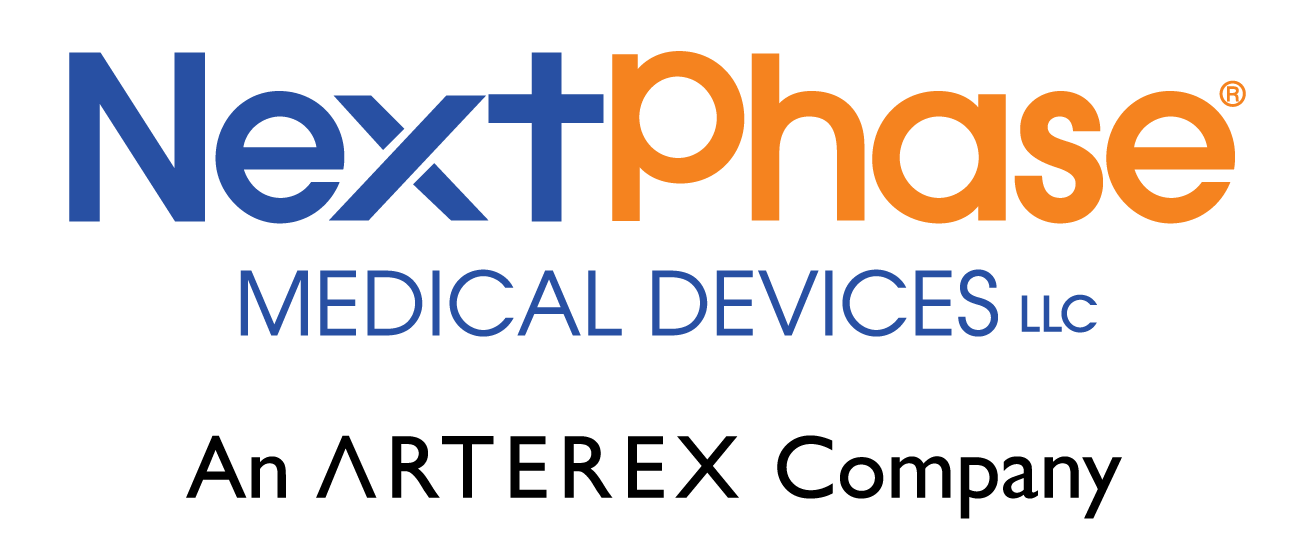The science of implantable, wearable and neurostimulation devices is advancing so dramatically that visions of future capabilities and implications is dizzyingly exciting for those who dare to imagine. Pioneering companies that are developing today’s generation of medical devices have their hands full. They’re focused on designing products that take advantage of new technologies to enable the remarkable advancements at hand. Many of them partner with NextPhase Medical Devices to fully explore, design, test and shepherd new and exciting devices all the way through FDA approvals to commercialization.
A few examples of innovations that NextPhase is developing now, in partnership with our customers, include:
- Giner BAPIOS™ System – a cell implant device for use in developing cell therapies for indications such as liver failure, Parkinson’s disease, (para)thyroid disease, pancreatectomy and Type 1 diabetes (T1D). The BioArtificial Pancreas with Implantable Oxygen Supply, or BAPIOS™, is a human pancreatic islet implant for the treatment of Type 1 diabetes (T1D). This bioartificial pancreas includes a remotely powered, miniature oxygen generator that can be implanted in the body and the oxygen produced will be a critical enabler of compact cell therapy implants.
- PathMaker Neurosystems’ MyoRegulator™ – a first-in-class non-invasive device for treating patients with muscle tone disorders using trans-spinal direct current stimulation (tsDCS) technology to directly modulate spinal circuits. This device is expected to bring far-reaching changes in clinical practices for treating patients with neuromotor disorders.
The engineering team at NextPhase has a wealth of experience in early stage medical device development. The company's 20-plus years of experience as a Class II and III medical device developer and contract manufacturer confirms our ability to expertly perform tasks critical to early stage medical device development including proof of concept analysis, rapid prototyping and product design.
Today’s new and developing technology devices are amazing in and of themselves, bringing remarkable benefits to patients with cardiac, neurological, metabolic and many other types of conditions. Medical devices are delivering pharmaceuticals, stimulating physiological assists, and monitoring body conditions automatically. Some incorporate wireless technology for remote adjustments and evaluations of health indicators to simplify and improve patient care.
While companies are working with NextPhase to develop products and bring them to market, we are also deeply invested in future planning. The devices we develop today will evolve as technologies continue to advance and new risks and opportunities rise to the surface. For example, when medical devices are controlled wirelessly, potential for malicious hackers to inflict horrendous damage bubbles up to be addressed. Wireless infrastructure technology will change as demand for reliable bandwidth grows, and the critical nature of transmittable data intensifies. FDA requirements will begin to incorporate new safeguards in the digital world of medical devices. NextPhase will be ready for these and other emerging issues.

